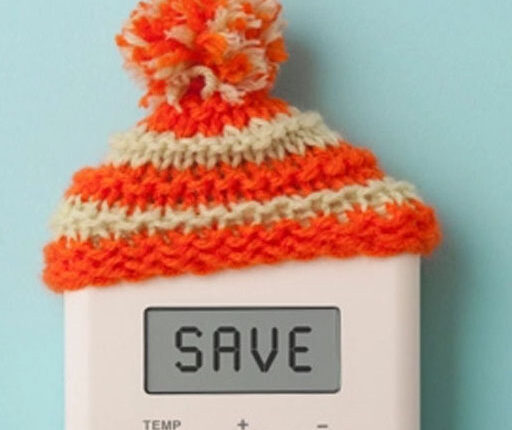Colder weather can drive up energy usage as heaters are working overtime to keep indoor temperatures comfortable. For example, during the first week of January, Mid continent Independent System Operator South reported a peak demand for electricity usage that averaged nearly 25 percent higher than the same week last year.

How Does The Weather Affects Your Electricity Bills
As temperatures soar or dip, using more electricity may make your heating or cooling equipment run longer and at maximum capacity . In just a few days extreme temperatures can cause your bill to be markedly higher. During extreme weather your system works harder to cool or heat your home and may struggle to maintain an ambient temperature.
In places with a humid climate, humidity affects how the air holds the temperature and the natural reaction is to lower the thermostat to make the home more comfortable. Humidity does not change the thermostat reading; however, it may result in the thermostat staying at the same setting for longer periods of time. Also the more humid the air is, the more water collects on the coils- resulting in the unit running longer.
Outside of your home, the climate also impacts our energy bills by driving up, or lowering, the price of electricity in the market.

What Else Could Affect My Electricity Bill In Colder Months?
Habits and the duration of cold temperatures can increase bills.
- We tend to use more electricity by staying inside watching TV, using computers, playing video games, etc.
- Some people take long, hot showers or baths to warm up. Electric water heaters are the second largest energy consumer in a home.
- Using space heaters or fireplaces, which are inefficient sources of heat. If you run three space heaters in different rooms for 10 days within the same energy billing period—that’s an extra $60 a month.
- The number of consecutive hours and days temperatures remain low outside is another factor. Without adequate insulation, the roofs and exterior walls stay cool, which means your system has to work harder to keep your home warm.


